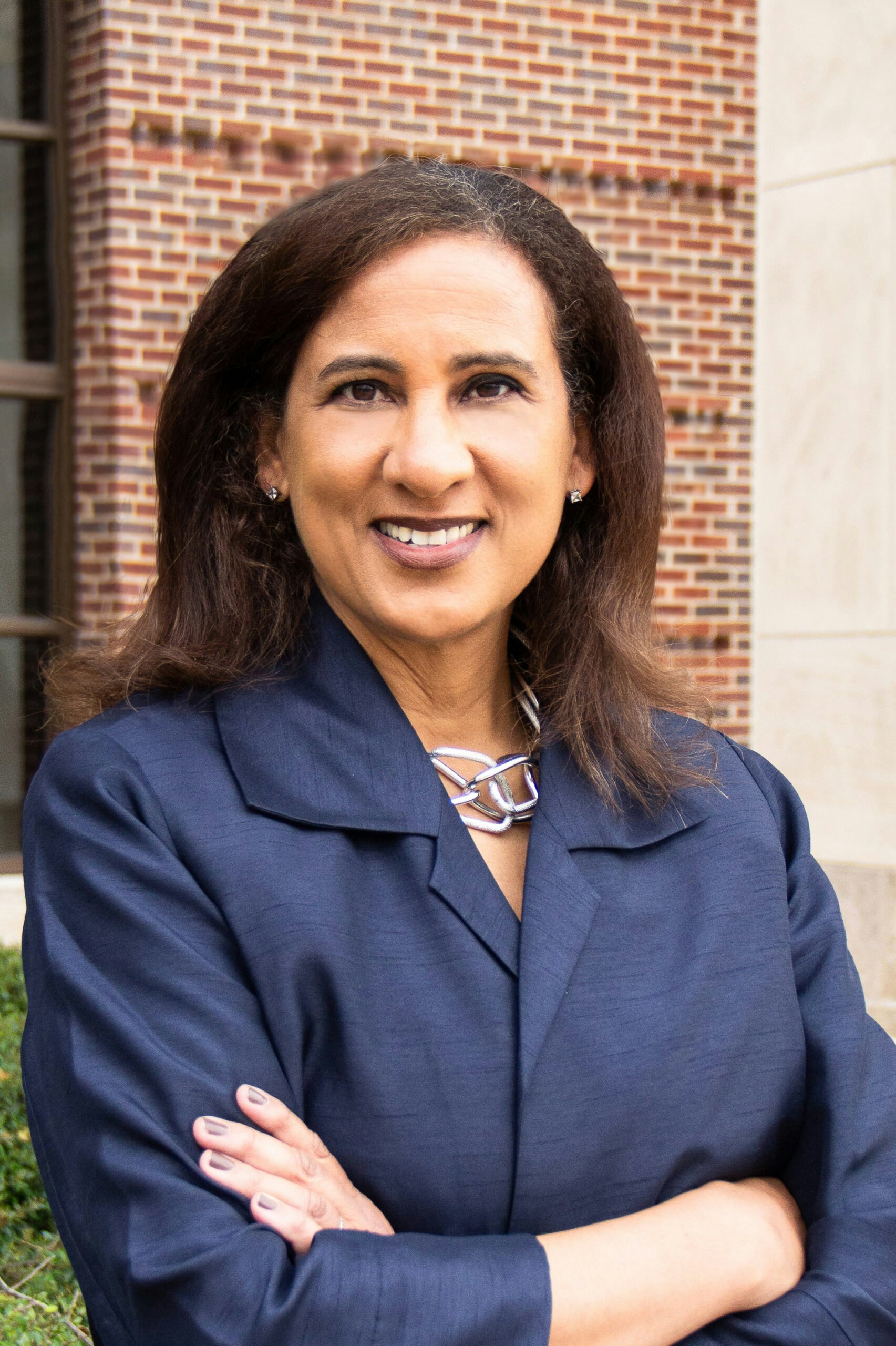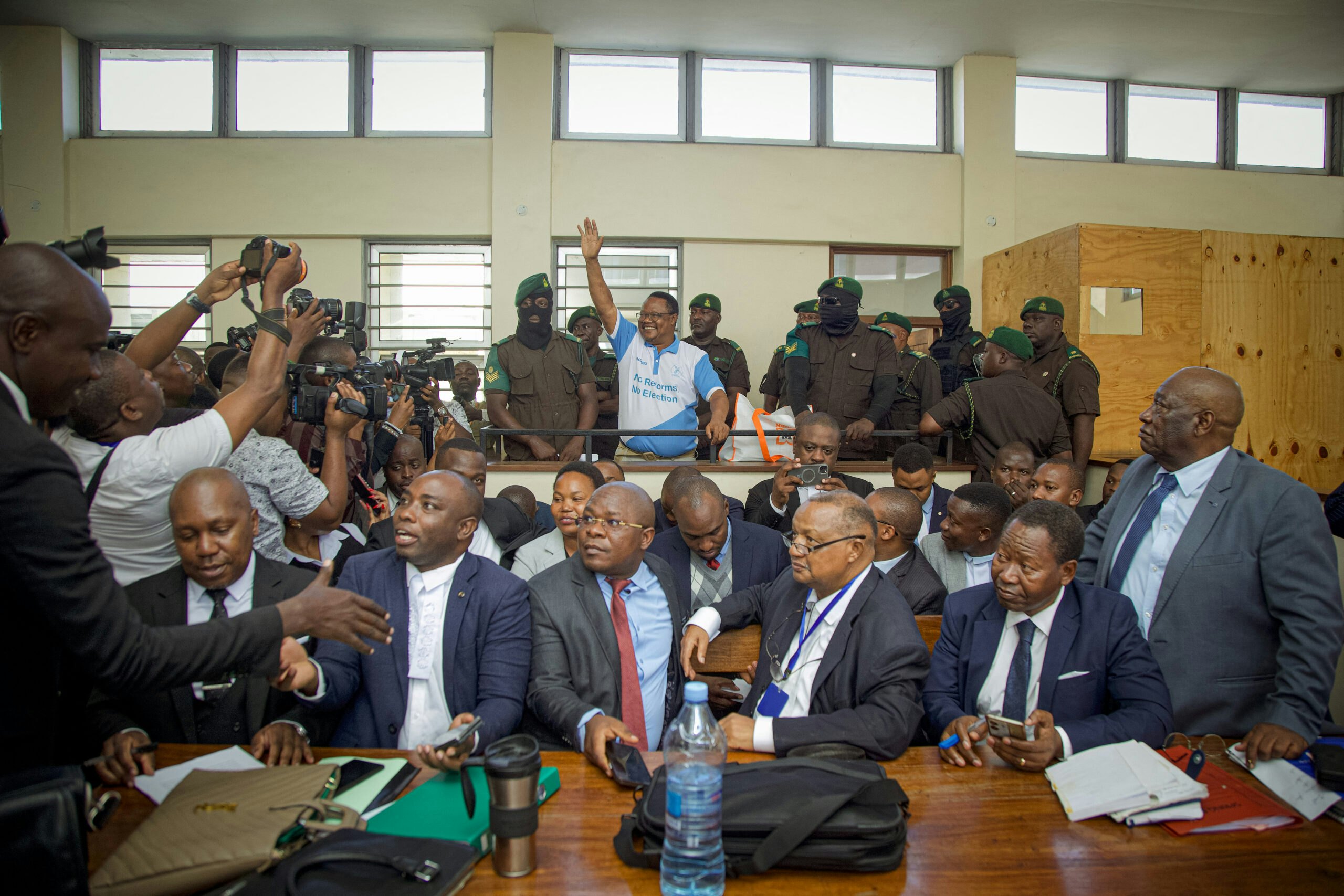The religious freedom we enjoy in the United States allows Americans to dedicate time to worship and the practice of their faith – or choose not to embrace a religion at all.
“The freedom to worship according to one’s conscience is one of our nation’s most cherished values,” President George W. Bush has said, noting that “as equal citizens of the United States of America, all are free to worship as they choose.”
But there are millions of people around the world who are persecuted and imprisoned for exercising their right to freedom of religion, something guaranteed for Americans in the First Amendment to the U.S. Constitution.
The United States, driven by one of its foundational values, has long been a champion of religious freedom around the world. On Oct. 27, we observed International Religious Freedom Day, commemorating the signing of the International Religious Freedom Act (IRFA) in 1998. This is an occasion for the United States to reassert its global leadership on this important issue.
Governmental restrictions and societal hostility toward people of faith is worsening in around the world, data tracked by the Pew Research Center since 2007 shows. People of all faiths suffer daily for what they believe, as do those who choose no faith, according to 2024 report, which follows nearly 200 countries and territories.
For example, Christians have recently come under extraordinary persecution and violence in Nigeria, which has seen widespread persecution of people of many different faiths.
In Afghanistan, religious minorities are targeted for abuse and murder by the Taliban on a daily basis.
Saudi Arabia recently executed Shiite activist Jalal Labbad, who had been arrested and tortured for protesting the treatment of Shias in the kingdom.
And in China, was recently arrested, along with other religious leaders across the country, providing a stark reminder of the tremendous persecution of people of faith in a country with an active genocide against Uyghur Muslims.
Religious freedom is a moral and pragmatic imperative for Americans. It’s central to the fabric of our nation, and we have an obligation to speak up for those who are persecuted for exercising this foundational American and universal right.
Whether compelled by faith or a dedication to our democracy, Americans should see the protection of religious freedom as an opportunity to pursue a compassionate, justice-based, democratic foreign policy and to love our global neighbors.
Supporting religious freedom globally is also strategic because it challenges the actions of America’s authoritarian adversaries.
In countries with autocratic leaders, the persecution of people for their faith is a tool to silence opposition, deny rights, and consolidate all power in the hands of a few leaders.
Autocrats feel threatened by people who find strength or direction from something other than an oppressive leader telling them what to think and do. They wield religious persecution as a tool to challenge democratic countries and a world organized around democratic ideals.
In countries with weak or transitioning governments, the crackdown on religious rights increases instability and volatility. This is bad for global security, economic growth, and stable markets, all central elements to American foreign policy.
There are widespread violations of religious freedom by dictatorial governments in China, Russia, Iran, and North Korea, according to a report which outlines the abuses. Coedited by religious freedom expert Knox Thames, who served in the Bush, Obama and Trump Administrations, in collaboration with the McCain Institute’s Alexis Mrachek, it explains how these autocratic governments use crackdowns on religious freedom to consolidate power and expand their global leadership.
The United States has long been a leader on international religious freedom, recognizing the alignment with American values and the importance of this issue to global security and our foreign policy. As President has Bush said, “we recognize the importance of religious freedom and the vital role it plays in spreading liberty and ensuring human dignity.”
The administration and Congress should recommit to and revitalize American leadership on this issue. Both should publicly condemn and privately raise the issue with key governments, noting that the United States supports this freedom for all people, regardless of their faith.
Congress has an important opportunity to show bipartisan support for religious freedom and for the important connection it plays to our overall foreign policy. Both the administration and Congress should call for the release of those imprisoned for their beliefs.
Likewise, maintaining and utilizing U.S. funding for international programs that support advocates and the persecuted in these places are crucial. Congress should hold a hearing as soon as possible to consider the confirmation of Rep. Mark Walker, the administration’s nominee for ambassador at large for religious freedom.
Congress should also hold the administration accountable for how it uses the powers provided by the IRFA to penalize governments that imprison and abuse religious leaders and adherents. The powerful should be applied to these situations of concern by the State Department this year, thus elevating the State Department’s focus on religious freedom in these countries.
Religious freedom is deeply intertwined with American values and a strategic approach to our foreign and national security. We should reassert our leadership to ensure we can push back on the rising persecution.






























